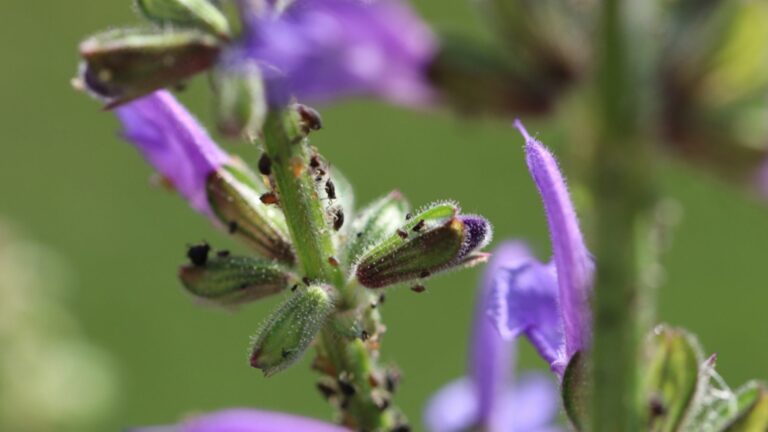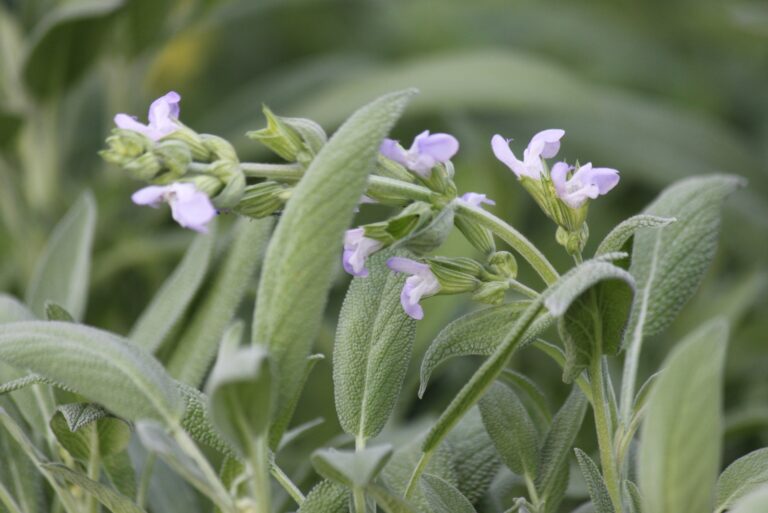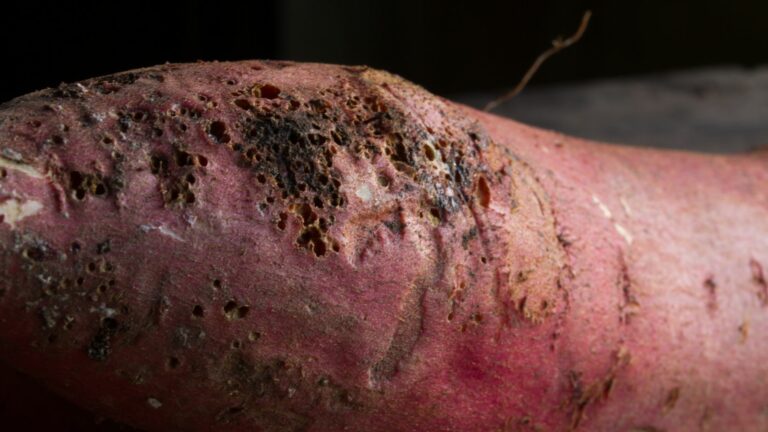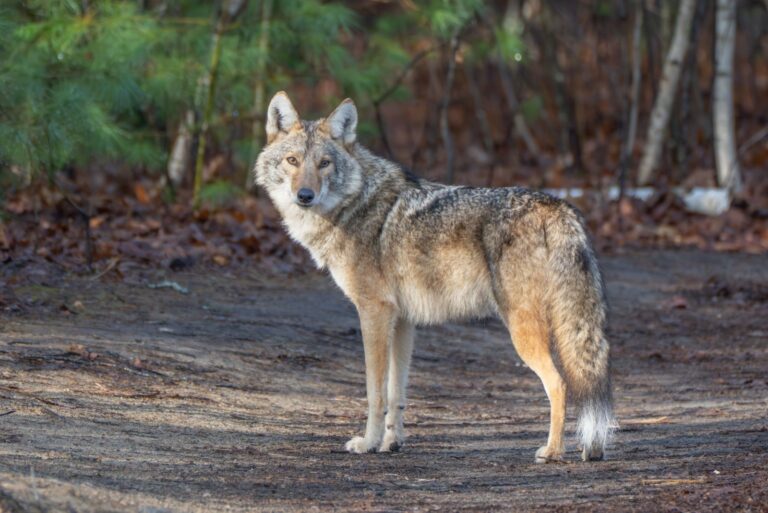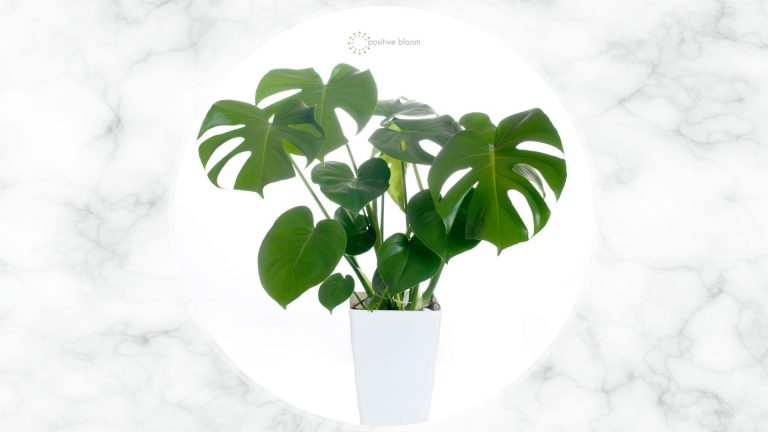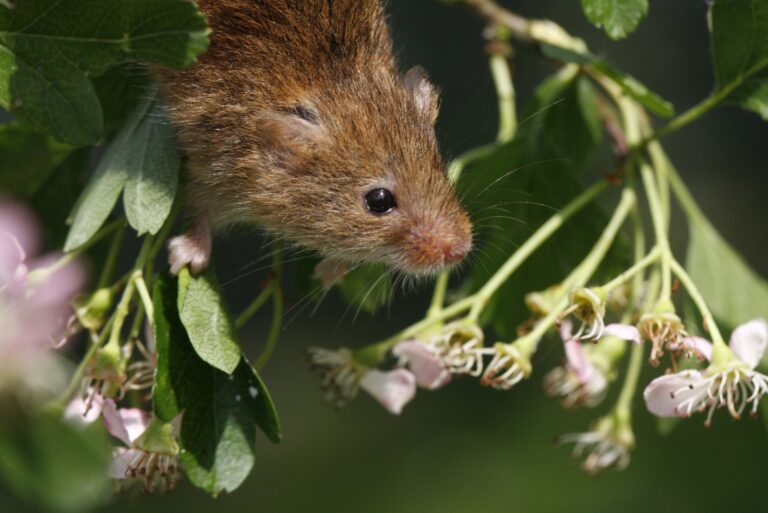8 Plants Missourians Use To Keep Rats Away Naturally
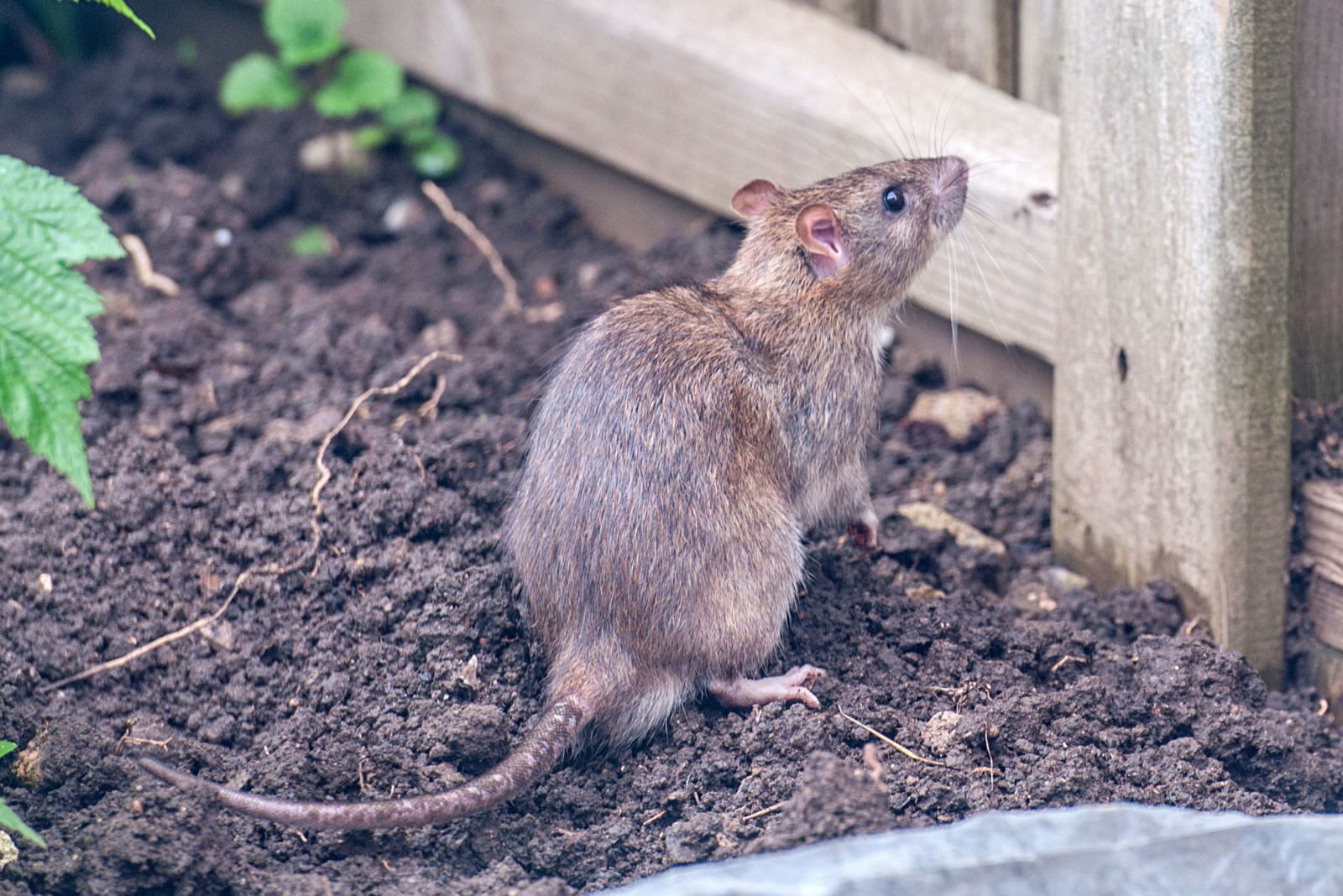
Rats can be a real headache for homeowners, especially when they start sneaking into gardens, sheds, or even houses. Instead of reaching for harsh chemicals, many people in Missouri are turning to natural solutions that work just as well.
Certain plants have strong scents or properties that rats simply can’t stand, making them an excellent way to keep these pests at bay while keeping your yard safe and green.
1. Peppermint

Peppermint’s sharp, cooling scent is delightful to humans but absolutely unbearable for rats. When you plant this herb around your home’s foundation or near entry points, the strong aroma creates an invisible barrier that rodents avoid.
Many Missouri gardeners swear by it because it grows easily in our climate and spreads quickly. You can also crush the leaves and scatter them in problem areas for an extra boost of protection.
2. Lavender
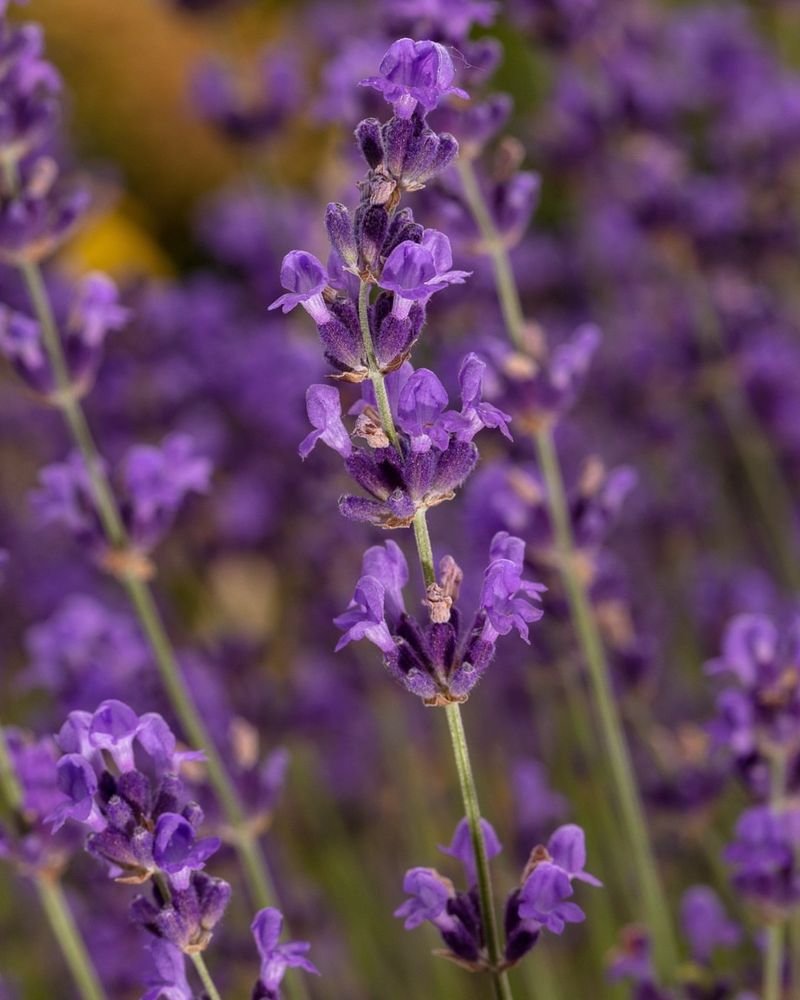
With its calming purple blooms and soothing fragrance, lavender might seem like a gentle addition to your garden. But rats find its smell overwhelming and will steer clear of any area where it grows.
In Missouri, lavender thrives in sunny spots with well-drained soil, making it perfect for borders and pathways. Plus, you get the bonus of attracting butterflies and bees while keeping unwanted rodents far away from your property.
3. Rosemary
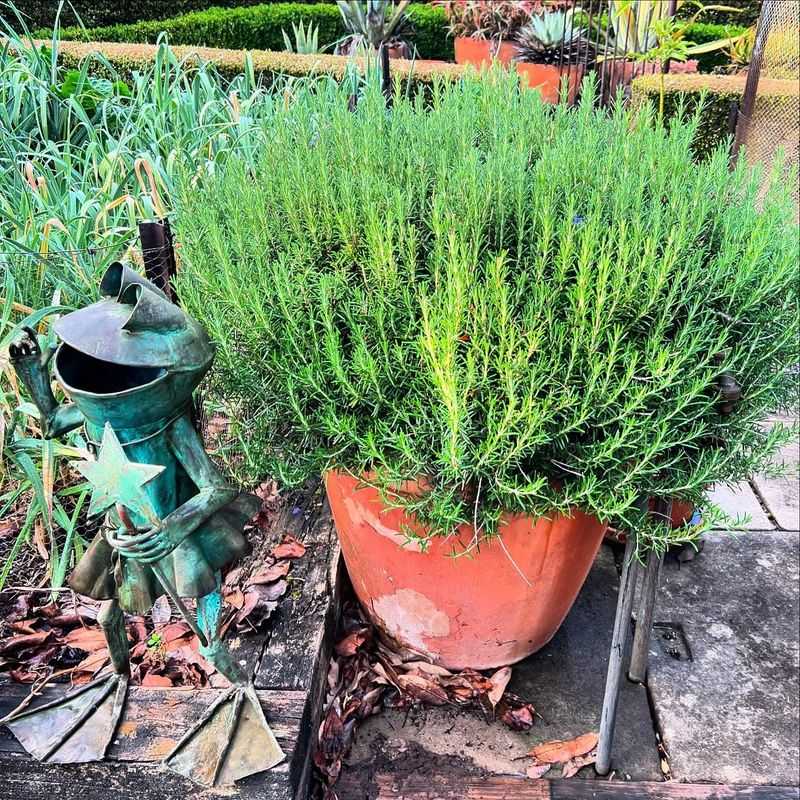
Rosemary isn’t just for seasoning your favorite dishes—it’s also a powerful natural rat deterrent. The woody herb releases a piney, pungent aroma that rodents absolutely despise.
Gardeners across Missouri plant rosemary near doorways, windows, and garden beds to create a protective shield. It’s hardy, drought-tolerant once established, and can even be grown in containers if you want to move it around your yard as needed.
4. Marigolds
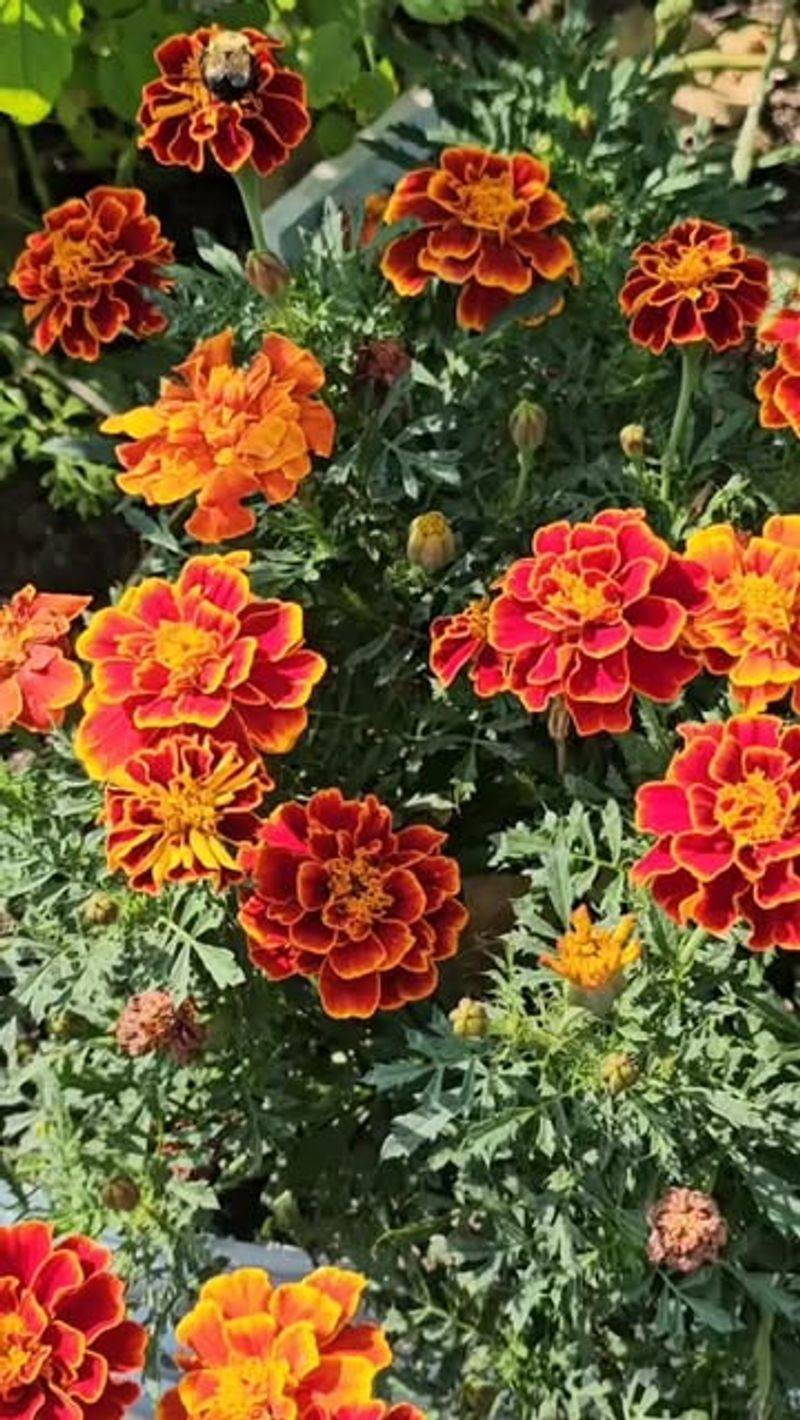
Marigolds bring cheerful color to any garden, but their earthy, slightly bitter scent is a major turnoff for rats. Planting these vibrant flowers around vegetable patches and compost bins helps keep rodents from raiding your crops.
Many folks in Missouri appreciate how easy marigolds are to grow from seed and how well they handle our hot summers. They also repel other pests like aphids, making them a multi-purpose garden hero.
5. Garlic
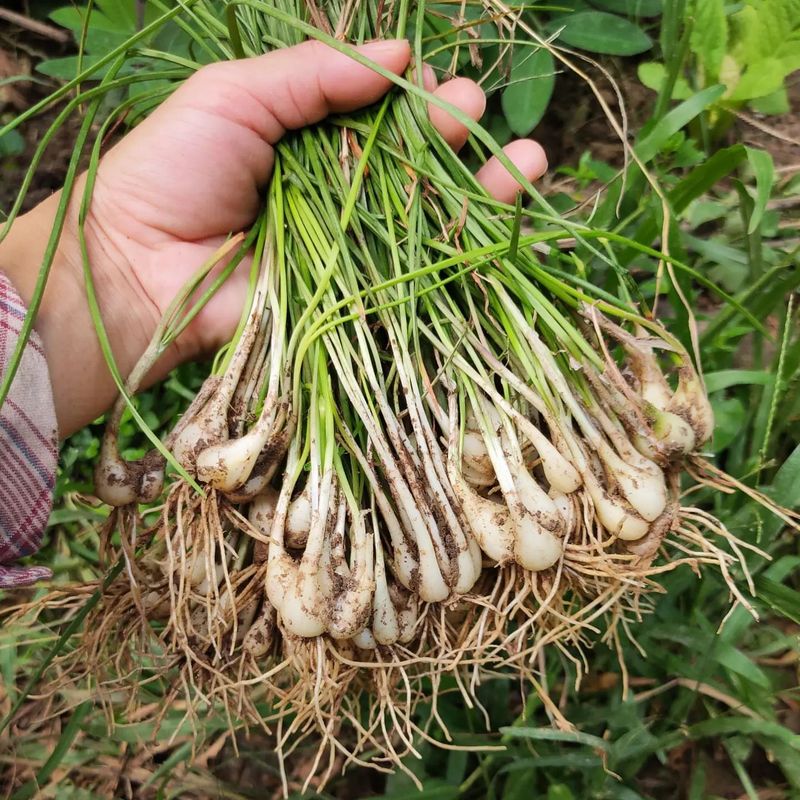
Garlic’s pungent smell might make your pasta taste amazing, but it sends rats running in the opposite direction. When planted near foundations, sheds, or trash areas, garlic acts as a natural barrier that rodents refuse to cross.
Missouri gardeners often tuck garlic bulbs around their property in the fall, letting them grow through winter and spring. The strong sulfur compounds released by the plants create an environment that’s simply too unpleasant for rats to tolerate.
6. Daffodils
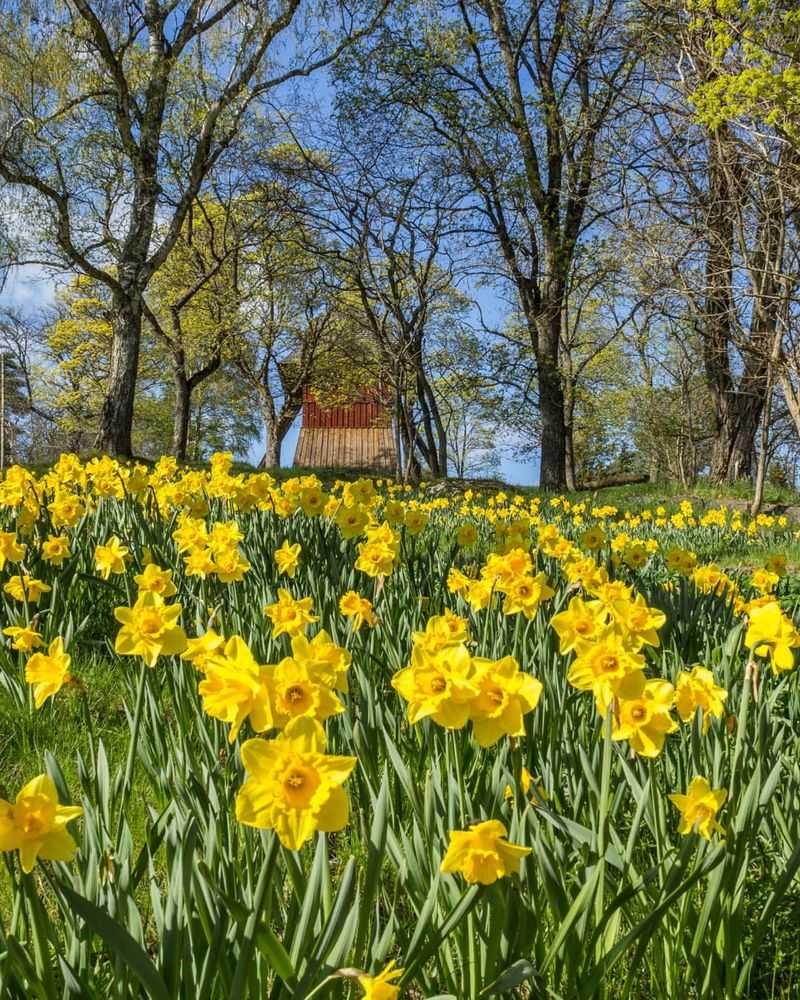
Daffodils are one of the first signs of spring, but they’re also toxic to rats and other rodents. The bulbs contain alkaloids that make them extremely unappealing, so rats instinctively avoid digging around them.
Planting daffodils around your Missouri home not only adds a splash of early color but also protects your garden beds from unwanted visitors. They’re low-maintenance, come back year after year, and create a beautiful barrier that pests won’t dare to breach.
7. Black Pepper Plant
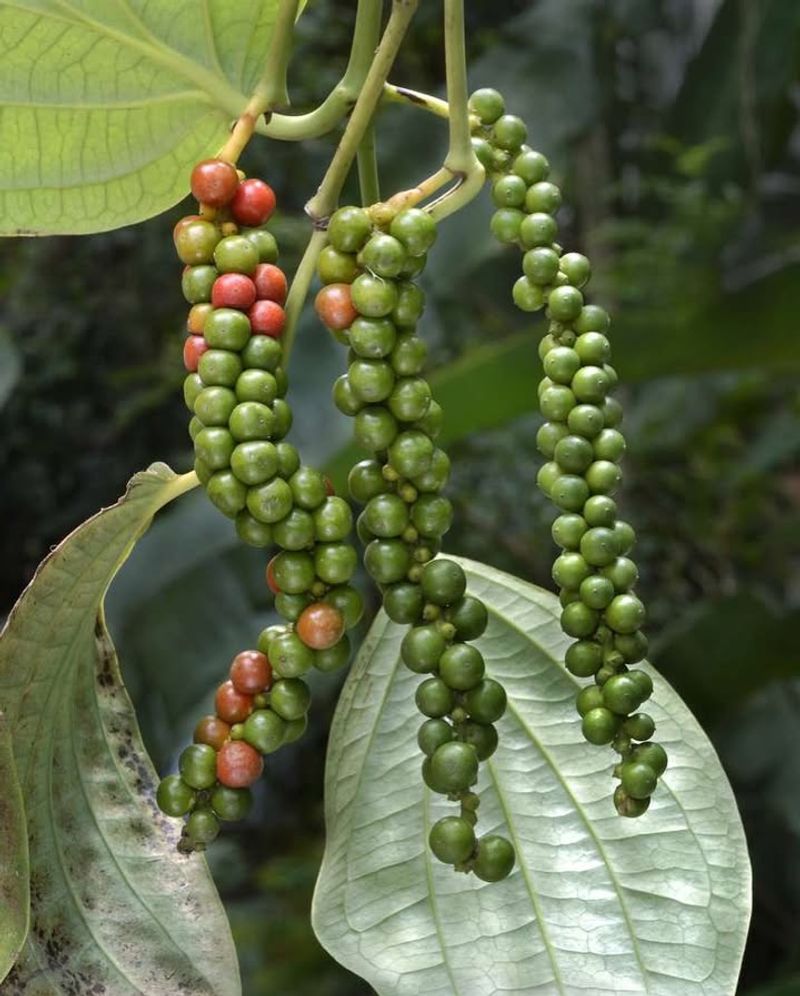
While not as common as other herbs, black pepper plants produce a spicy scent that rats can’t tolerate. The capsaicin and piperine in the leaves and berries irritate their respiratory systems, making them avoid the area entirely.
Some adventurous Missouri gardeners grow black pepper in containers or greenhouses, using crushed leaves and berries around problem spots. It’s a unique and effective way to add both flavor and pest control to your gardening routine.
8. Chrysanthemums
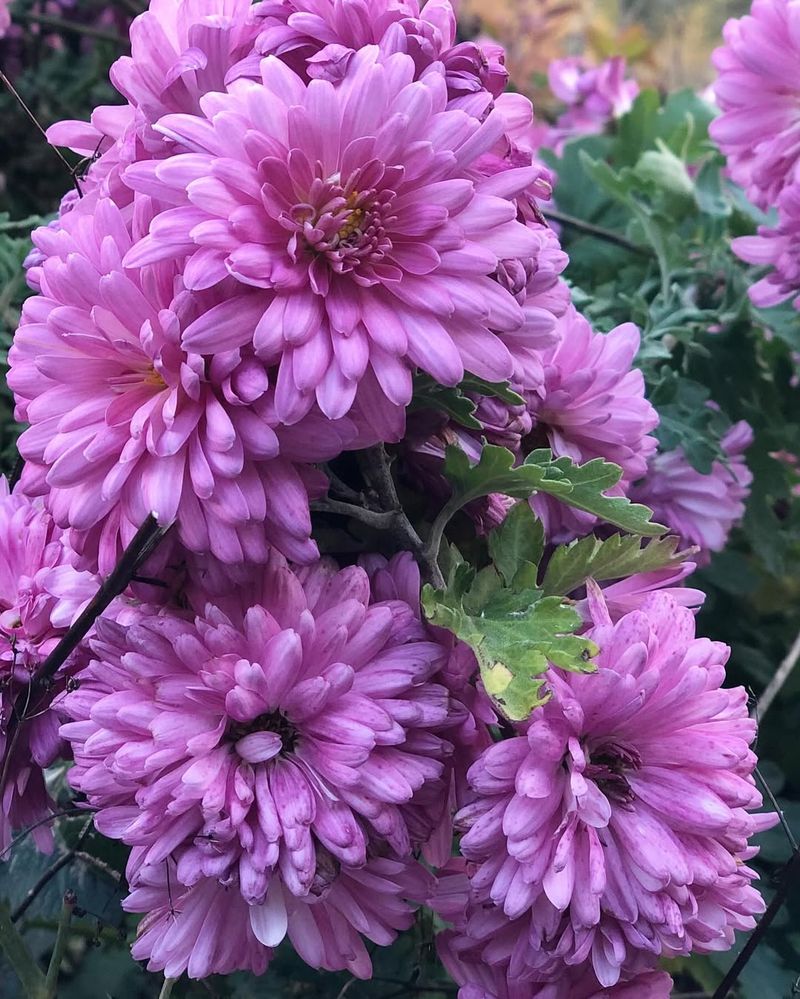
Chrysanthemums contain pyrethrin, a natural compound used in many commercial pest repellents. This makes them incredibly effective at keeping rats and other critters away from your home and garden.
In Missouri, mums are a fall favorite, adding gorgeous color just when other plants start to fade. Placing them near entryways, porches, and garden edges creates a beautiful, pest-free zone that protects your space naturally without any harsh chemicals or traps.

